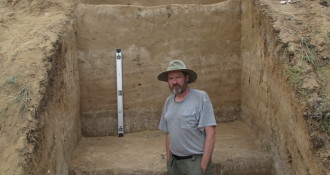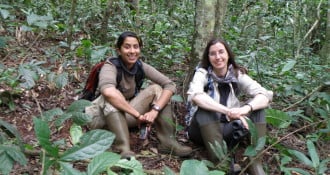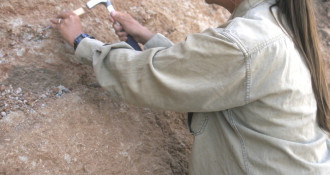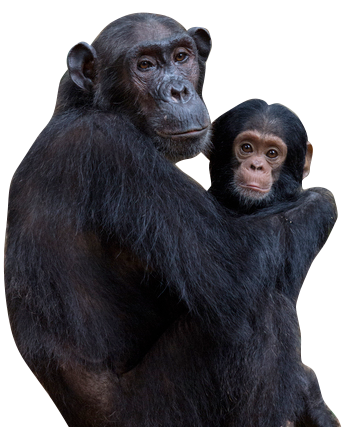Though the wild blue monkey (Cercopithecus mitis) has a social structure of one-male social groups, this organization can be somewhat dynamic. Resident males do not always have a reproductive monopoly over the females, and non-resident (bachelor) males may have a higher reproductive success than one might expect.
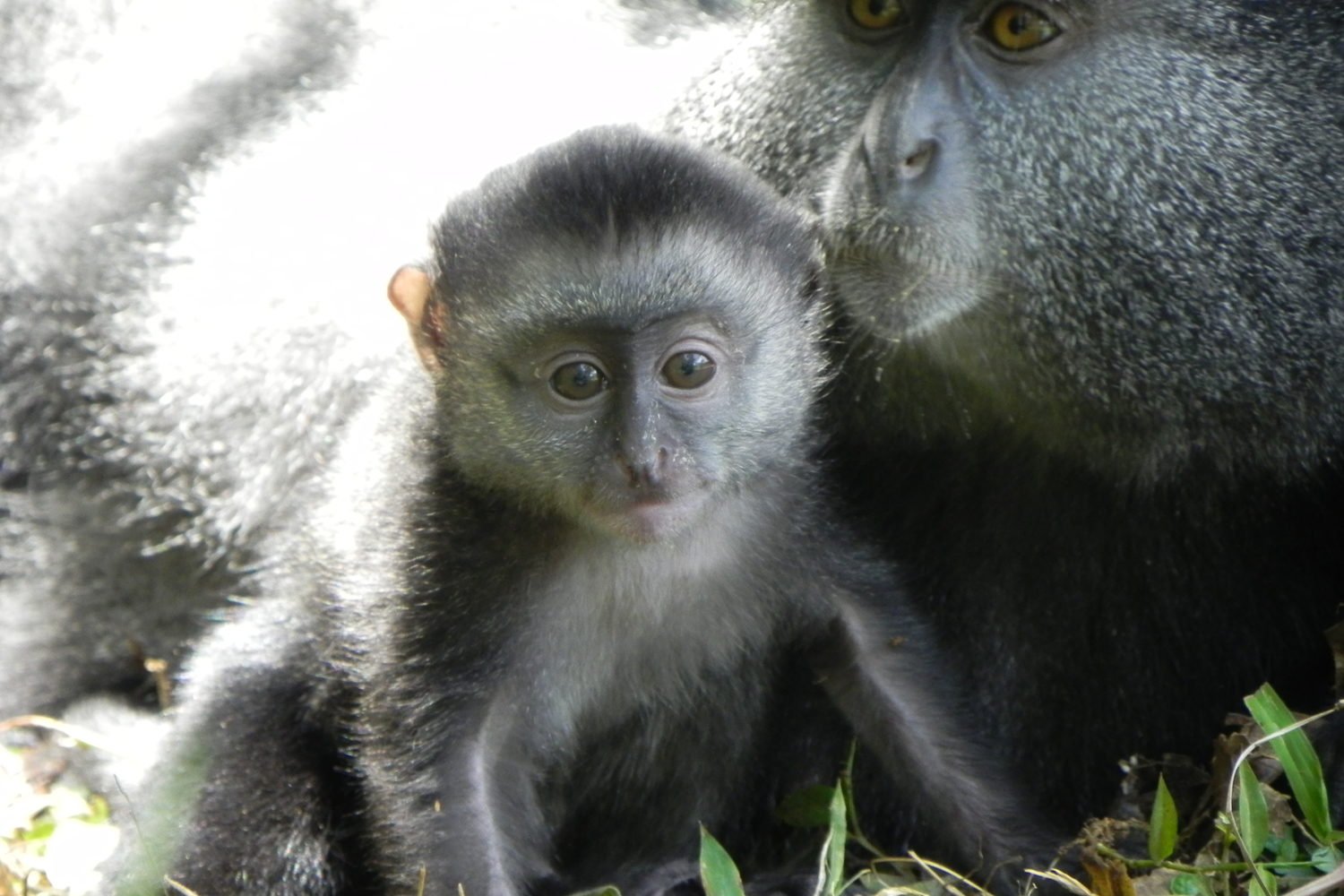
Wild blue monkey
Su-Jen Roberts, PhD candidate from Columbia University, was awarded a research grant in spring of 2012 for her project to assess what variables drive variance in reproductive success in wild blue monkeys. The report below describes how Roberts used DNA analysis to assign paternity to the study population in the Kakamega Forest of Kenya. She then combined these results with long-term observational data in order to better understand how variables such as female reproductive synchrony or the number and proximity of competitor males affect the reproductive success of resident and bachelor males.



